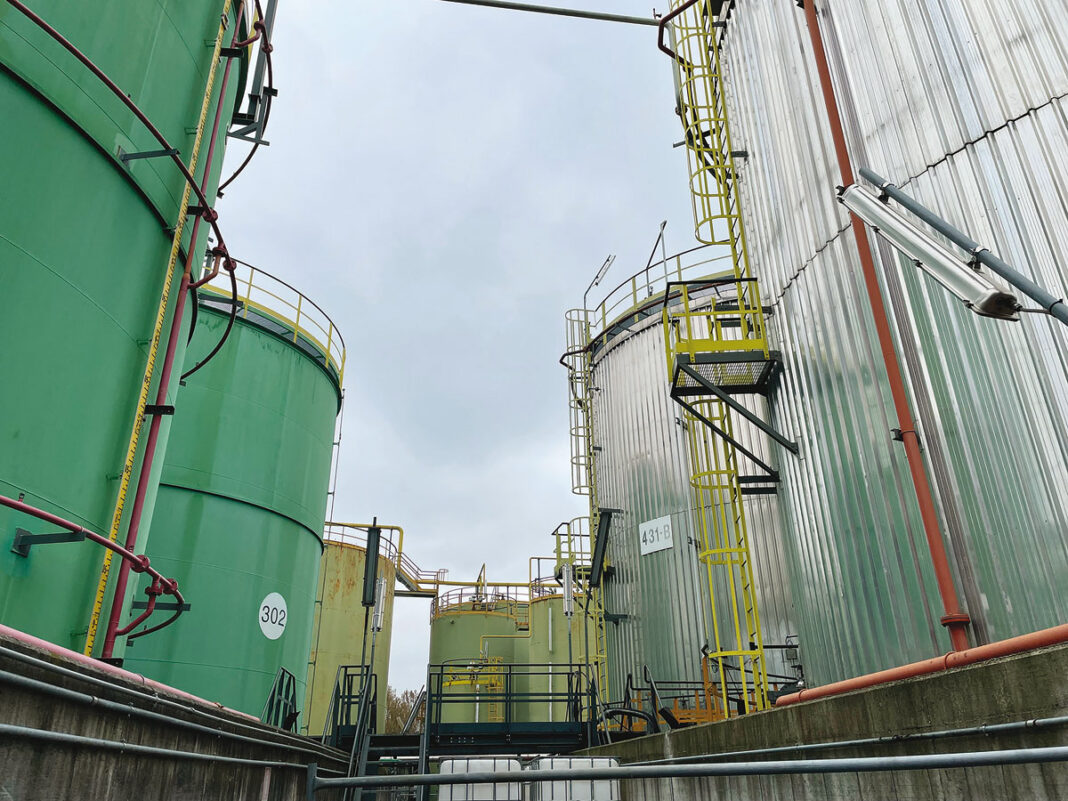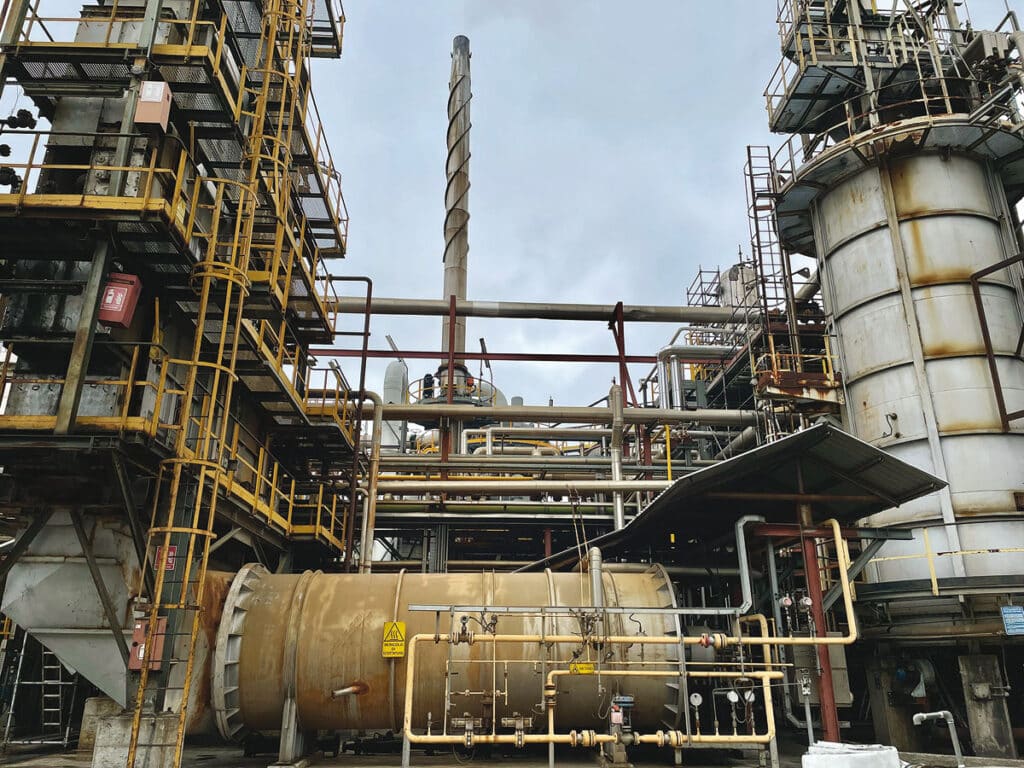The eco-organization of the mineral oils sector draws a positive result from its first year of operation and reveals its prospects for the future. Among them, the technical and economic study of a regeneration unit in Reunion.
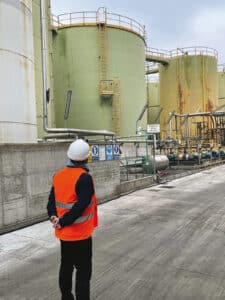
Cyclevia alongside communities
Since September 1, 2022, local authorities were in turn able to register with Cyclevia and benefit from free collection, in mainland France and overseas : 40% of communities are now registered or in the process of being registered, i.e. 60% of the territory’s voluntary drop-off points. The eco-organization has also endeavored to design and disseminate communication tools intended initially for staff to help them in the management of this waste and, in a second time, to the entire population to raise awareness of the danger of waste oil and direct flows to the Recycling Center.
A prevention and eco-design plan for mineral oils
The year 2023 will be marked by the implementation of Info-sort. Medium term, Cyclevia, in partnership with producers, will build a prevention and eco-design plan for mineral oils. The application on January 1, 2023 of eco-modulation to mineral oils is part of this approach.. The year 2024 will then see the launch of a call for projects aimed at the establishment in mainland France of a regeneration unit capable of producing group 2 or 3 regenerated base oils. (purest synthetic oils).
SPECIFIC SOLUTIONS IN OVERSEAS
The worrying increase in used engine oils and lubricants and the distances this waste travels, the often observed failures of the organizations responsible for their collection or the challenge of local processing : Cyclevia started to answer these questions. In the meeting, where Cyclevia has established itself with the support of the Réunion Import and Trade Union (SURE), 680 tonnes of used oils were exported to mainland France in November 2022, with a view to being regenerated. In the overseas departments, various studies are underway to experiment with new means of collecting and managing used oils. During his visit to Reunion in April 2022, André Zaffiro, general manager of Cyclevia, had warned that the eco-organization would work to develop local pre-treatment or treatment solutions in the Overseas Territories in order to also respect the principle of subsidiarity in these territories and to avoid long and costly transport. The study launched on the establishment of a local regeneration unit in Reunion is expected in 2024 (see next page). Locally, the volume of oils and lubricants placed on the market each year is estimated between 3,000 and 4,000 tonnes. With nearly 2,100 tonnes per year, Reunion Island represents the largest volume of used oils collected in overseas departments and communities.. Albioma has stopped the energy recovery of used oils with a view to switching to 100% renewable energy at its two thermal power plants in Reunion. Until then, some 1,000 tonnes of used oil were burned per year in thermal power plants.
A PROCESS FOR SMALL DEPOSITS
The used oil regeneration project is based on a Reunion study. For Cyclevia, this circular economy solution should be encouraged while the export of used oils from the territory is hampered by the lack and high cost of maritime freight.. André Zaffiro’s explanations, general manager of Cyclevia.

At the origin of this study is a project from the engineering company SC2EI, branches of EECA, Reunion Island manufacturer of lubricants. About five years ago, this company carried out a study relating to the filtration of used oils. A fairly in-depth study followed by Ademe. We are therefore studying this project to see what the possible applications would be and how we can help this company in its implementation.. It is a completely serious work which is based on innovative patents.
Is the Reunion waste oil deposit sufficient to make this project viable? ?
The economic parameter must of course be considered. But it must also take into account other parameters, such as the cost of sea freight for transporting used oils to mainland France so that they can be regenerated : between one thousand and two thousand euros per ton depending on the period. In addition to this aspect, maritime transport has been disrupted by the Covid crisis. Today we have all the difficulty in the world being able to put our waste on a boat.. On his own, this subject justifies looking for means of regeneration on site. If we succeed with the EECA company in obtaining a valuable product, the costs inherent in the entire treatment of used oils can be significantly reduced.
The entire deposit will be allocated to this project ?
We believe that there are several solutions to deal with used oils. There is the solution of regeneration, that we explore with EECA. There is also energy recovery and we encourage Albioma to continue burning used oils in thermal power stations.. Finally, we must retain the possibility of shipping a certain volume of used oils to mainland France. We have these three solutions. We must not depend on a single parameter.
Do such regeneration units exist in mainland France? ?
Not of this type, non. Metropolitan units are much larger. They have capacities of more than 100,000 tonnes. They cannot be duplicated in overseas territories, where the deposits do not reach the necessary critical size. The principle of regeneration developed by the EECA company is not the one implemented in large metropolitan units..
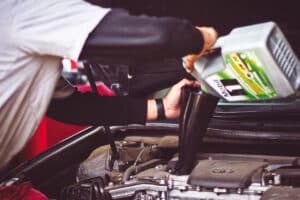
The aim of ecomodulation is to develop the use of regenerated oil in the production of engine oils.. Marketers pay eco-contributions to the eco-organization Cyclevia. The manufacturer who uses regenerated oil to manufacture his products will be able to benefit from a reduction in his eco-contribution. If it succeeds in putting products on the market 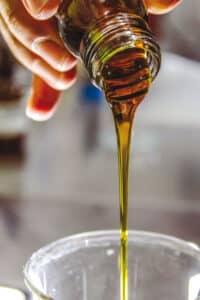
* Acronym taken from the English classification, labelling, packaging : European regulation on classification, labeling and packaging of chemicals.


